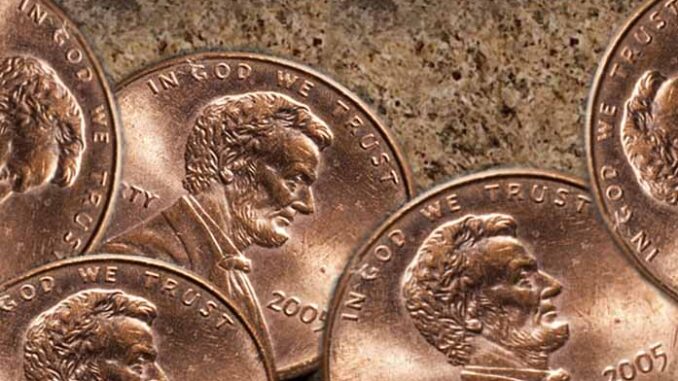
This week, the U. S. Bureau of Labor Statistics released the Producer Price Index (PPI) for July. At a +0.9%, it was the highest monthly increase in over 3 years. It was over three times the +0.2% that most economists were expecting. Even more alarming is the yearly increase from July, 2024. At +3.3%, it is way above the Federal Reserve’s target of +2.0%
This is important for consumers because it is a very accurate forecast of higher consumer prices in the not-so-distant future. If producers experience higher prices, they tend to pass the increases to the consumers.
There seems to be no doubt among economists that these increases are the result of higher tariffs on imported goods. There are two reasons why tariff increases have not caused consumer prices to increase up to now.
One reason is that producers have postponed paying higher prices by conducting buying sprees prior to the tariff increases, thus avoiding the higher prices. We see evidence of this in the previous month numbers. The PPI in June was unchanged from May. But now that those cheaper goods have gone through the system, producer prices have gone up.
The other reason is that producers have been reluctant to pass on to consumers whatever price increases they have experienced, to preserve as much market share as possible. But this also cannot be continued indefinitely.
Another reason consumers should be concerned about the specter of inflation is that it will very likely have an impact on how interest rates are treated by the Federal Reserve System (Fed).
It is no secret that President Trump and Fed Chair Jerome Powell have been at odds regarding the reduction of the Fed’s benchmark interest rate. Trump wants lower rates to stimulate the economy. Powell is concerned that doing so would lead to increased inflation, and has resisted the pressure from the president, pending further economic news.
That further economic news may have arrived. Up until now, it was widely believed that the Fed would finally reduce its interest rate, at their next meeting on September 17. The only question was by how much. The new PPI numbers make it less likely that the Fed will do any reduction at that meeting.
As if this issue were not complicated enough, today President Trump was handed a defeat regarding his imposition of tariffs. A court of appeals has upheld a lower court ruling that Trump does not have the authority to impose tariffs in the manner that he has been doing it. This may go all the way to the Supreme court before it is over. The only thing that is certain at this time is that the future of Trump’s tariffs is uncertain.

Still recovering from the Biden disaster!
I didn’t realize that commies were writing articles on this site.